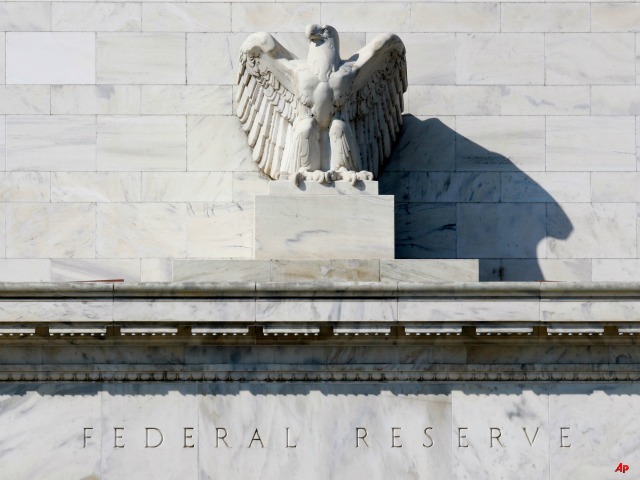Is he right?
In a recent Bloomberg Views piece, mainstream economist Noah Smith accused his critics of having “brain worms” and even “anti-semitic overtones.” He then mischaracterized what these critics, usually referred to as Austrian economists, were saying so that he could ridicule it.
This wasn’t very conducive to a dialogue. His last Bloomberg piece, published on July 10, is better. It offers a specific proposal: don’t raise today’s ultra low interest rates. Unfortunately, it doesn’t say whether this advice is forever or just for now. But it is a specific proposal.
This is all the more helpful because it is difficult to tease specific proposals out of mainstream (usually Keynesian) economists. For example, during and after the Crash, the best-known Keynesian economists (Krugman, Shiller, Romer, Yellen, etc.) kept saying we needed more government stimulus of the economy, but they refused to give us the exact prescription.
This was very convenient when the stimulus failed; they could just claim that there hadn’t been enough. Never mind that they had refused to tell us in the first place how much was needed or for how long.
In his latest piece, Noah Smith not only says that short term interest rates should stay where they are, close to zero, and well below even reported inflation, but he further argues that these giveaway interest rates (made available to Wall Street, not to Main Street) are not creating a stock market or other asset bubble like the dot com or housing bubbles.
Smith then gives us what he calls Finance 101. He says, “The value of a financial asset is the discounted present value of its future payoffs, and when the discount rate — of which the Fed interest rate is a component — goes down, the true fundamental value of risky assets goes up mechanically and automatically. That’s rational price appreciation, not a bubble.”
Let’s see. The Fed artificially represses interest rates for now, with no guarantee that they won’t go bounding back up anytime in the future, even the near future, but stocks should be valued as if the artificially repressed rates are permanent. Sorry, this isn’t “rational,” and it certainly isn’t Finance 101.
Click here to read the rest of the article at AgainstCronyCapitalism.org.
Hunter Lewis is co-founder of againstcronycapitalism.org, co-founder and former CEO of Cambridge Associates, a global investment firm, and author of nine books on economics and related subjects.

COMMENTS
Please let us know if you're having issues with commenting.